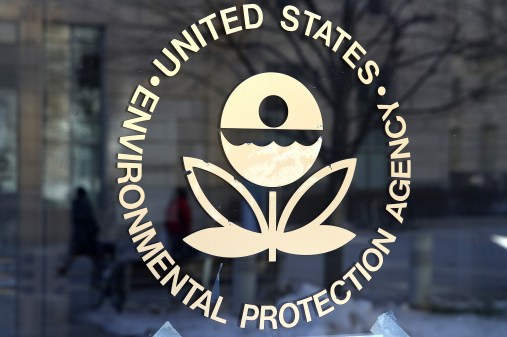For privacy officers, feds lag private sector
Privacy offices in government departments tend to be under-resourced, although privacy professionals in general are well-trained, generously paid and enjoy seniority within their organizations, according to a new survey published Thursday by a professional association and a “Big Four” accounting firm.
The International Association of Privacy Professionals-EY Annual Privacy Governance report for 2015 is based on a detailed survey of nearly 800 executives with privacy responsibilities at regulated and unregulated companies and in government departments.
“Government programs report low budgets and staff shortages,” reads the report, noting that the median annual budget of a privacy department is highest in unregulated industries. Privacy programs “thrive in unregulated environments where ethical lines remain undrawn,” and “answers are seldom written in law.” Companies in these sectors have to rely on the training and judgment of their privacy officers to “to predict the reaction to a new product, service or app by consumers, regulators, advocates and the press.”
The report finds that government privacy officers, by contrast, are focused on compliance and data loss prevention, deploying privacy impact assessments and interacting with records management departments.
In general, privacy professionals see their industry growing, along with their staff and budgets over the next year, and many report an increasingly senior role for themselves and their departments.
“Increasingly, the leading privacy role, typically a chief privacy officer, is equivalent in seniority to the longer established chief information security officer,” the report states.
This story has been corrected. An earlier version incorrectly referred to accounting firm EY as Ernst and Young.






